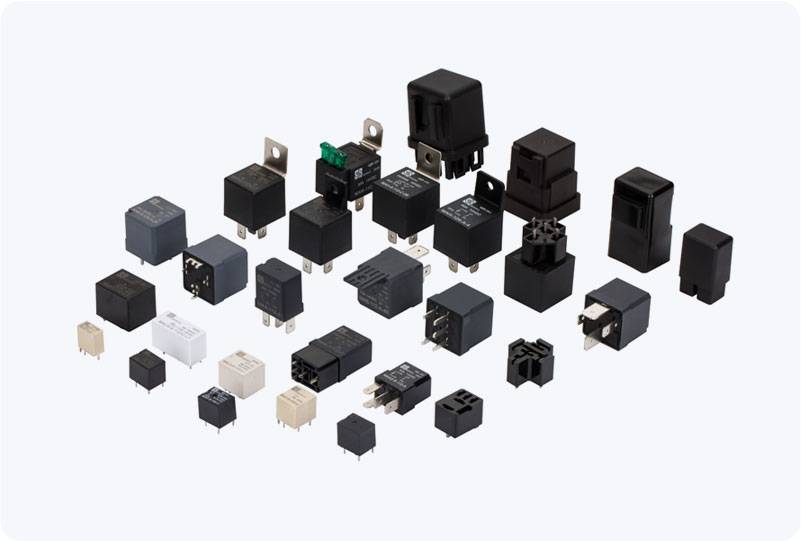understanding the 24v dc industrial relay: key features and applications
Release time:2025-09-27 20:03:40
The 24V DC Industrial Relay plays a pivotal role in modern automation systems, offering a reliable solution for controlling high-power equipment with low-voltage control signals. Relays are essential components in industrial electrical systems, and the 24V DC variant is particularly common due to its widespread use in industrial control circuits. This article will explore the key features, working principles, applications, and selection considerations for 24V DC industrial relays.

What is a 24V DC Industrial Relay?
A 24V DC industrial relay is an electrically operated switch that uses a 24V direct current (DC) signal to control the switching of larger, higher-power circuits. It typically consists of an electromagnet (coil), one or more contacts (such as normally open, normally closed), and a mechanical or electronic switching mechanism. When current flows through the coil, it generates a magnetic field that either attracts or repels the contacts, completing or breaking an electrical circuit.
Relays are used to control high-voltage or high-current equipment, such as motors, lights, or heating elements, while being controlled by a low-voltage signal from a controller or sensor. This makes relays an indispensable part of industrial automation, protection, and monitoring systems.

